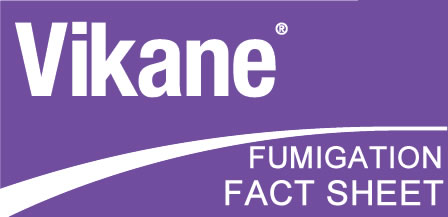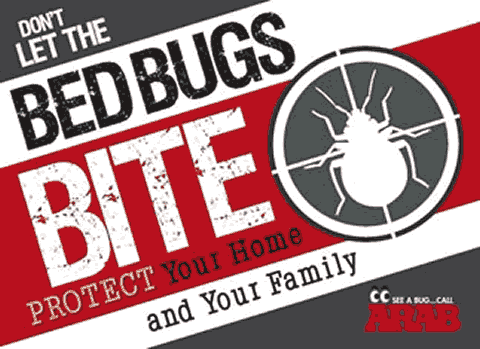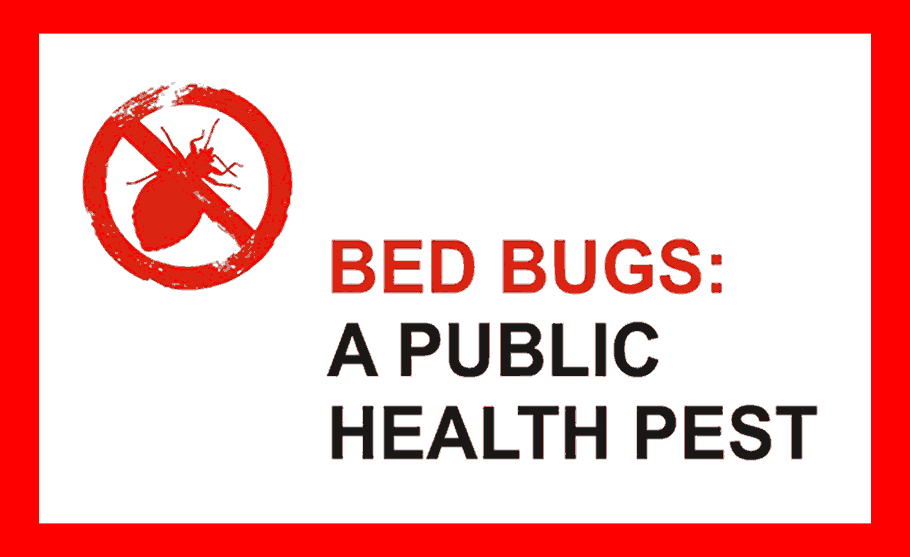Preparing Apartments and Condos
Renters and Residents
In certain parts of the U.S., drywood termite infestations are not only a widespread problem, but also an expensive one, affecting entire apartment complexes and condominium buildings. A single colony in a single apartment can quickly infest neighboring apartments, causing damage not only to the building itself but also to your furniture and other belongings these voracious pests might find appetizing.
It’s important, not only to you, but also to your neighbors in the building – and to nearby buildings – to eliminate every colony. The only way to ensure the pests are eradicated is with whole-structure fumigation. Spot treatments are ineffective, and other alternatives have neither the proven effectiveness nor the long-standing record of success that fumigation has.
Preparing food, feed, drugs (including tobacco products), and medicinals
- Double-bag any food items that have been opened (that is, the original manufacturer’s seal is broken) in special Nylofume bags, seal them tightly, and leave them in the home. This also includes items such as medicines, tobacco, and pet foods. Nylofume bags are nylon polymer bags that protect food items during fumigation. If in doubt on what to double-bag, remove the items from your home.
- Only food, feed, drugs, and medicinals in glass, plastic, or metal bottles, jars, or cans that still have the original manufacturer’s seal can stay in the home and do not need to be double-bagged. For example, a 2-liter bottle of soda with the manufacturer’s seal would not need to be double- bagged.
- Unopened wine and liquor bottles can remain in the house during fumigation, but only if the original seal is unbroken. Visually inspect each bottle to determine the seal integrity. If the integrity of the seal cannot be determined visually, the wine bottle or other packaged liquor must be removed or double-bagged in Nylofume bags before the termite fumigation.
Note: ALL corked wine bottles need to be stored horizontally (on their sides).
Opened items that do not need to be removed or sealed in Nylofume bags before the professionals fumigate your apartment or condo include dental hygiene products (including toothpaste, mouthwash, dental adhesives, and dental whitening products), cosmetics including lipstick, all externally applied lotions and ointments, ice and water.
Sealing Nylofume bags properly to protect food, feed and medicinals
- Double-up the Nylofume bags before you fill them, by putting one inside the other. Research has shown that these nylon polymer bags are very effective when used one inside of the other.
- Seal both the inner and outer bags after they are full. Starting with the inner bag, twist the top, double it over, and secure with tape or a twist tie. Repeat this procedure with the outer bag. Test the bag by gently pressing against the bag and checking for air leaks. No air should be able to escape. Your fumigator can provide Nylofume bags and instructions on how to use them.
Preparing the rest of the apartment or condo
- Remove or peel back waterproof covers on mattresses and pillows to avoid trapping gas inside.
- Open all doors and drawers to cabinets, closets, and appliances.
- Open blinds and drapes so the fumigator has easy access to windows for the aeration process after fumigation.
- Remove pets and interior houseplants from your apartment or condo.
- Give the fumigator or your landlord keys to all locked areas to your apartment or condo. If your car is in an attached garage that is to be included in the fumigation, please make sure you supply the keys for it, too. Cars, cabinets, safes, and other locked items or rooms will need to be unlocked throughout the fumigation process so that the fumigator can inspect them and aerate them according to label requirements. If you don’t wish to leave them unlocked, provide the fumigator with the keys so that he can perform the required checks.
- The professional fumigator will check that all food items are double-bagged and that everything is ready for fumigation.
Landlords and Homeowners Associations
Communication to your renters and residents is the most crucial step in preparing apartments and condos for fumigation. Remember that residents and tenants are going to be sensitive about protecting their valuables and returning to a pest-free home. Make sure they understand that fumigation is in their best interests – as well as the interests of their neighbors. You are trying to eradicate the problem before it causes irrevocable damage to building structures, as well as their contents.
Preparing the buildings’ residents
- If there are association meetings, make sure the fumigation project is on the agenda, well ahead of time – and update residents frequently. If there are no central meetings or newsletter distributions for tenants, post preparation and fumigation schedules, frequently-asked questions (to help avoid misperceptions about fumigation) and other helpful information on a one-page poster or flyer.
- Work with your fumigation company to provide residents with written instructions for preparing for fumigation, as well as clear guidelines as to who is responsible for what. It would be helpful to have one representative from each unit or dwelling sign the form as written consent and a responsibility waiver for the fumigation company. Make sure you leave a copy behind for reference!
- Provide your fumigator with contact information for maintenance staff, or ask them to be on-site during key parts of the fumigation process, so if there are questions or an emergency, your fumigator can get help.
- Provide extra building security. Barricades, warning tape, and even security guards will help limit traffic during fumigation and aeration. Security guards will also give residents added peace of mind that their belongings are under protection while they’re away.
Checking the interior premises
- Unplug heat sources. Vikane® gas fumigant is not flammable, but it is important to make sure the gas supply is shut off at the meter for the building/units.
Preparing the building’s exterior
- Remove or cut back any plants and shrubs, and rake back gravel or mulch closer than 18 inches to the building. This may be necessary because of the tenting placed around the building. To minimize the escape of gas, the fumigator seals the tents directly to the ground with water- or sand-filled snakes. Any plants on the ground where the tent needs to be sealed will need to be removed. Awnings, trellises, or fences may also interfere with tenting. Your professional fumigator will work with you to decide what to do with these items.
- Water plants, shrubs, and ground cover near the building the day before fumigation to protect their roots.
Hours of operation: Monday through Friday 7:30 A.M. to 4:00 P.M. EST
Arab Pest Control, a division of Lewellen Services, Inc.
232 West Main St., Logan, OH 43138
800-654-8870
![]()
![]()


![]()
Serving Central And Southeastern Ohio Since 1980 • Family Owned And Operated• Fully Licensed By The State And Bonded And Insured. • Termite Warranties • Licensed Technicians • Extensive Training and Retraining• Uniformed Technicians• Marked Vehicles• All Pest Services Offered• Able To Tailor Services To Fit Your Needs• Convenient Hours• Polite And Courteous Staff • We Use The Up To Date Chemicals And Treatment Methods To Protect Your Family And Pets • Many Treatment Services Offered• Senior Citizen Discounts






